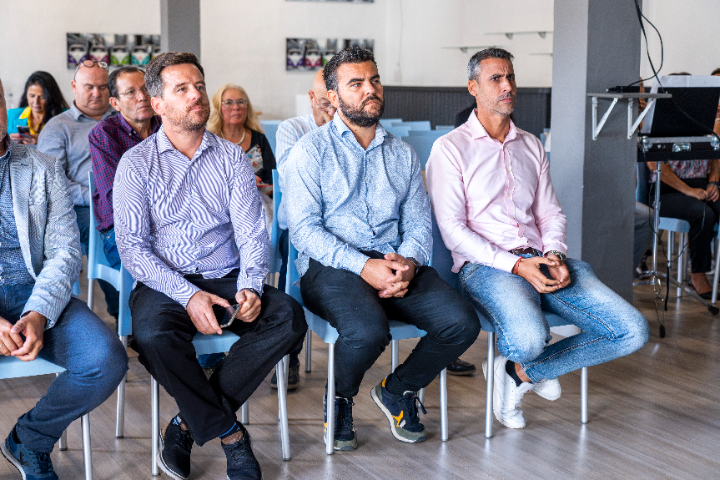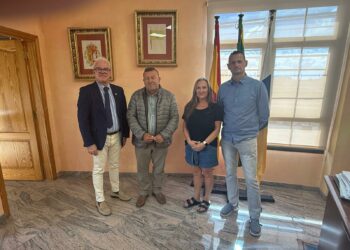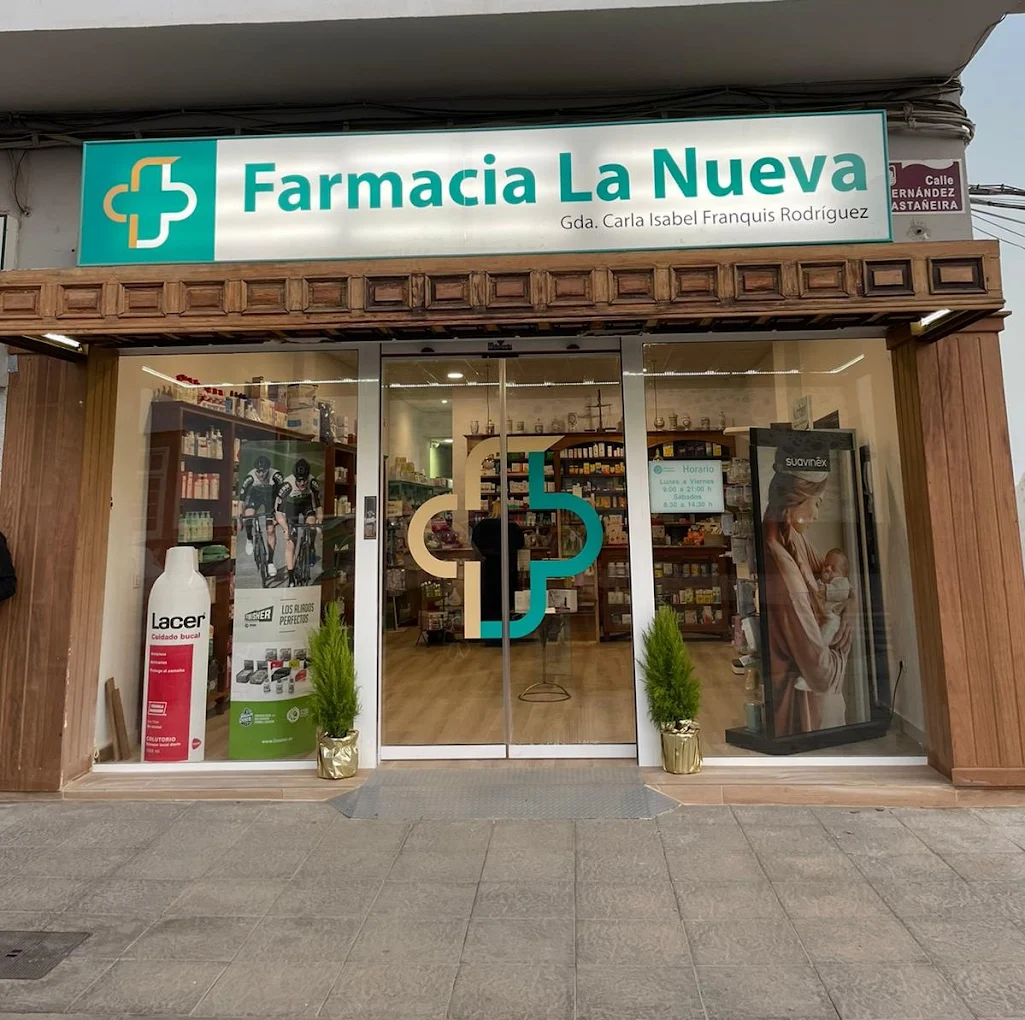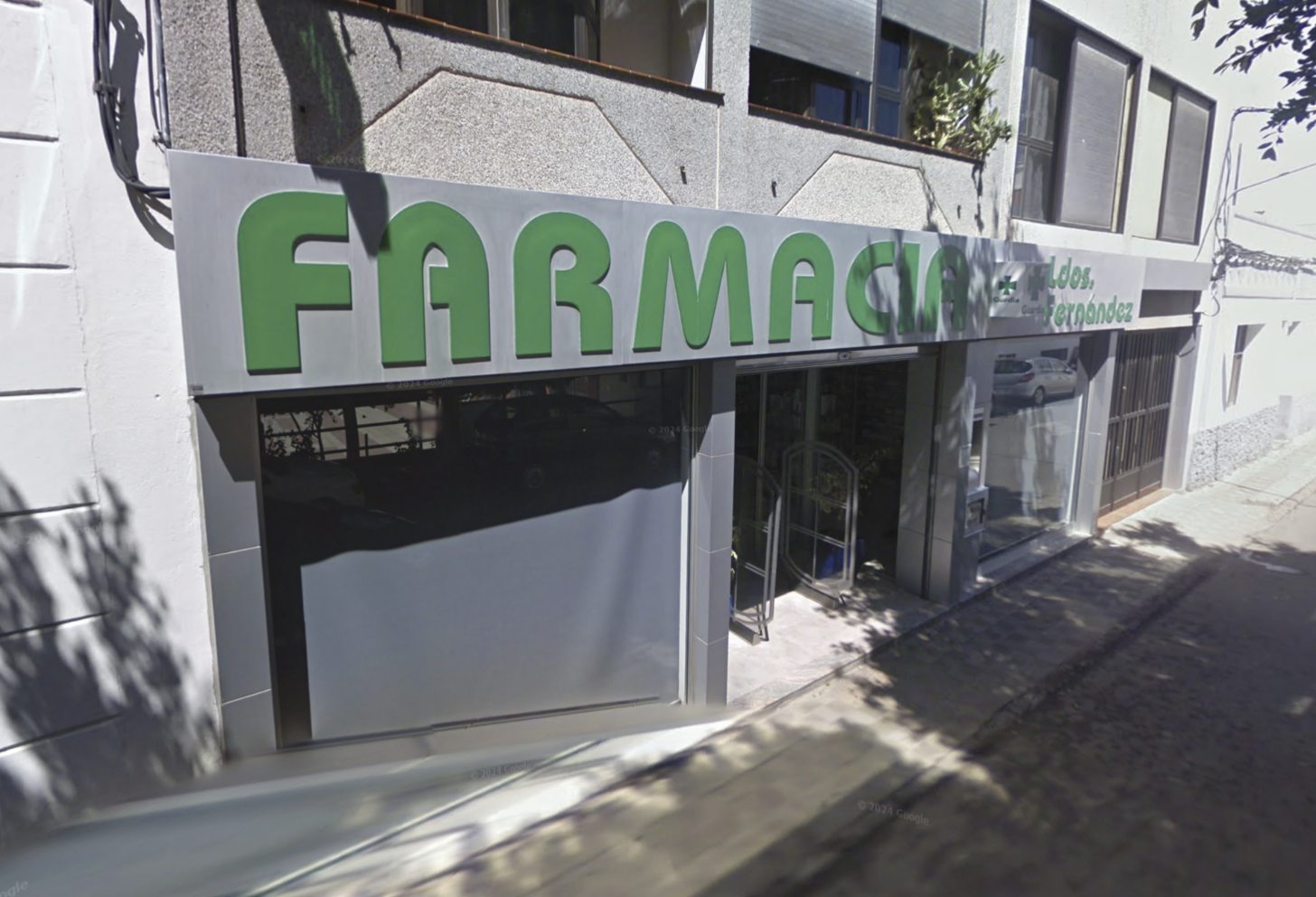The City Council of La Oliva has commissioned the drafting of an economic study to assess the feasibility of implementing a municipal tourist tax. This measure, which is still in the technical and legal analysis phase, responds to the will of the government group to generate additional income to cope with greater guarantees, the impact that tourism activity has on public services and the natural environment of the municipality.
The mayor of La Oliva, Isaí Blanco, stressed that “the intention of the City Council is to open this debate seriously, and have all the necessary information to make a responsible decision. If we manage to implement a balanced and fair tourist tax, we will be taking an important step towards a more balanced and supportive model”.
In this line, the City Council has entrusted a technical team with the preparation of a study that will allow estimating the potential income, the possible application modalities and the legal framework of the measure, also considering the volume of vacation homes and tourist establishments in the municipality.
The councilman of Tourism, David Fajardo, confirmed that the economic feasibility study has already been commissioned, with the aim that it can be implemented, if so decided, within the current mandate. “The proposal we are exploring proposes a very low fee, it would not involve a significant cost for the visitor, but it would allow to reinforce services such as cleaning, environmental conservation or maintenance of public spaces,” he said. In addition, he stressed that “this measure has been discussed within the Association of Tourist Municipalities of the Canary Islands (AMTC), of which La Oliva is an active part, sharing experiences and learning with other tourist destinations in the Archipelago”.
For his part, the councilman of Finance, Juan José Rodríguez, said that “the goal is that, if this fee is finally implemented, have an effective management, provide a direct return to the residents of La Oliva, and contribute directly to improve public safety services and street cleaning in the area. It is not a collection measure without more, but a tool to redistribute part of the effort that today supports the municipality, so that every tourist who stays overnight in La Oliva contributes to the improvement and maintenance of our territory”.
From the City Council stresses that the rate, if it goes ahead, would have a very small economic impact for visitors, but it would significantly strengthen the services used by both residents and tourists. “La Oliva is a privileged destination, with unique natural resources and a strong tourist pressure at certain times of the year. If we want to take care of what we are, we need tools that allow us to sustain the model,” added the mayor.
The City Council will continue to work in the coming months on the technical, legal and political analysis of the proposal, which will be shared with all sectors involved before its eventual approval. The commitment of the government group is clear: to move towards a more just, orderly and committed to the citizens and the territory tourism management.













